.

Can Marijuana Help With Tinnitus?
Imagine a ringing in the ears that never stops; it rears its head as soon as you wake up, and makes it hard to fall to sleep at night. Tinnitus reduces the quality of life in those affected, and few effective treatments exist. As cannabis becomes more mainstream, researchers are curious to find out if the herb can help to stop the ringing.
Contents:
Tinnitus. If you experience this condition, you'll know just how annoying—or devastating—the incessant ringing can become. Modern science has discovered a few management strategies, but no cure currently exists. Find out what causes this condition, what the existing treatments are, and if cannabis can help stop the ringing.
What Is Tinnitus?
Have you ever experienced a sudden ringing in your ear? For many people, these odd bursts of sound last only a matter of seconds before dissipating into silence. Known as “transient ear noise”, such ringing causes minor irritation at worst. But for other people, this ringing never disappears. Those who experience chronic tinnitus live with non-stop subjective sounds in their head, and many go through a form of grieving knowing they’ll never experience true silence again.
Although tinnitus might sound like an obscure and rare condition, there are currently over 7 million adults[1] living with the condition in the United Kingdom alone. This huge figure means tinnitus poses a significant challenge to healthcare systems across the world, both in terms of primary treatment and managing comorbidities[2] such as poor quality of life, anxiety, depression, sleeping issues, and hearing loss.
The severity and type of tinnitus vary among those with the condition. Patients can experience a wide range of sounds, including:
- Ringing
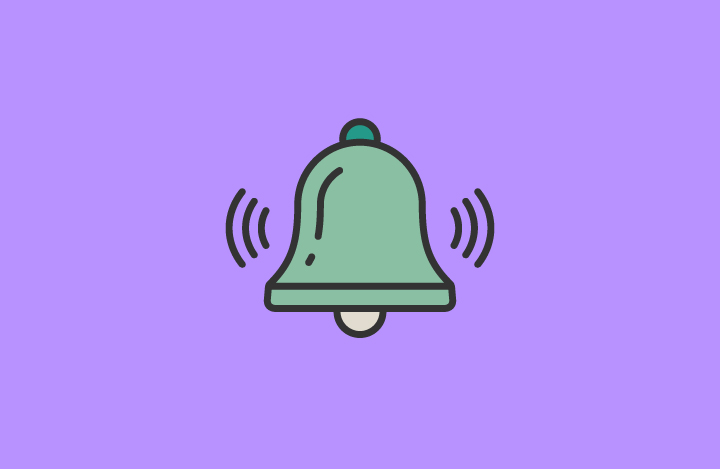
- Hissing

- Roaring

- Whooshing

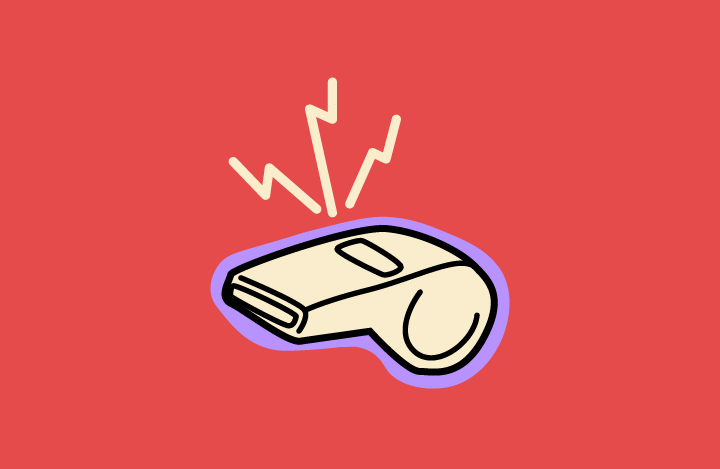
- Static

- Pulsing

- Clicking
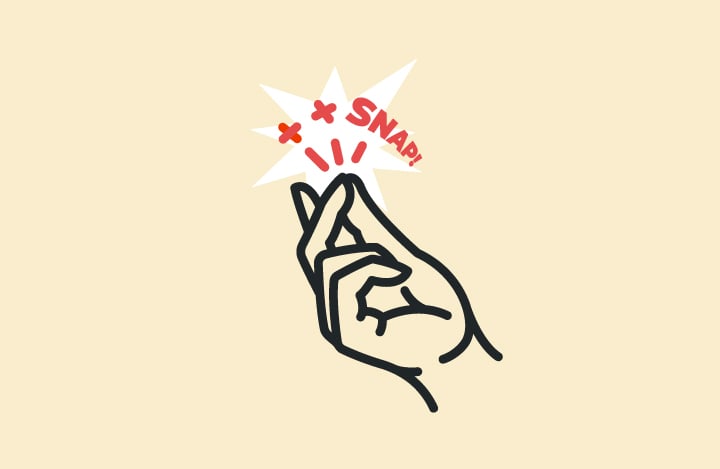
- Buzzing

- Dial tones


Causes of Tinnitus
Although many people with tinnitus experience similar sounds, various causes underlie the condition. Overall, tinnitus falls into one of two primary categories: objective and subjective. In cases of objective tinnitus, medical practitioners can detect an audible sound emanating from the ear canal, whereas the sounds experienced in subjective tinnitus are audible only to the individual with the condition.
The exact cause and pathophysiology of tinnitus remain unknown, and numerous theories have attempted to explain the underlying mechanisms. Much of this conjecture centers around hearing loss caused by damage to different components of the ear.
The ear itself features three main parts that contribute to hearing: the outer, middle, and inner ear. The inner ear contains the cochlea, a fluid-containing organ that houses around 15,000 tiny hairs cells, known as stereocilia. Sound vibrations cause these cells to move, which transmits the signal to the vestibulocochlear nerve and on to the brain.
In cases of hearing loss, damage to stereocilia can lead to spontaneous signals from intact cells to the cochlea, in turn leading to the perception of tinnitus in some patients. This model is known as discordant theory[3], and points to the peripheral nervous system as the generator of the condition.
Other theories focus on the central nervous system. For example, the auditory plastic theory[4] suggests that damage to the cochlea enhances neural activity in the central auditory pathway. In such cases, tinnitus occurs in the brain itself, specifically in areas related to sound processing.
Somatosensory tinnitus may also account for persistent ringing in some patients. This model posits that nerve fibres located around the jaw and neck also project to the central auditory system. Pathologies that occur around these anatomical sites, such as temporomandibular disorders (TMD), may play a role in tinnitus.
Overall, tinnitus likely has a range of different causes, including:
- Age-related hearing loss
- Noise-induced hearing loss
- Obstructions in the middle ear
- Head and neck trauma
- TMD
- Acoustic neuroma (a benign tumour that develops on the nerves of the inner ear)
- Ototoxic drugs including certain anti-inflammatories and antibiotics
- Medical conditions such as Meniere’s disease and thyroid issues
Current Treatments for Tinnitus
You now know that tinnitus has a variety of causes, and that the condition ranges from a minor annoyance to borderline torture. But does science have any answers when it comes to treating the condition? Though no cure exists, researchers are working on treatments that directly target the intensity of tinnitus, and therapies to help patients deal with the annoyance. Some of the primary and more experimental treatments for the condition include:
- Pharmacotherapy: Only a handful of medications[5] have proven more effective than placebo in randomised trials on tinnitus, including nortriptyline, amitriptyline, alprazolam, clonazepam, and oxazepam.
- Cognitive therapy: Counselling and cognitive restructuring help some patients deal with the psychological toll of tinnitus. Techniques include positive imagery, attention control, and relaxation training.

- Sound therapy: Non-intrusive sounds, such as those of streams, rain, and waterfalls, can help to reduce the neural activity that underpins tinnitus.
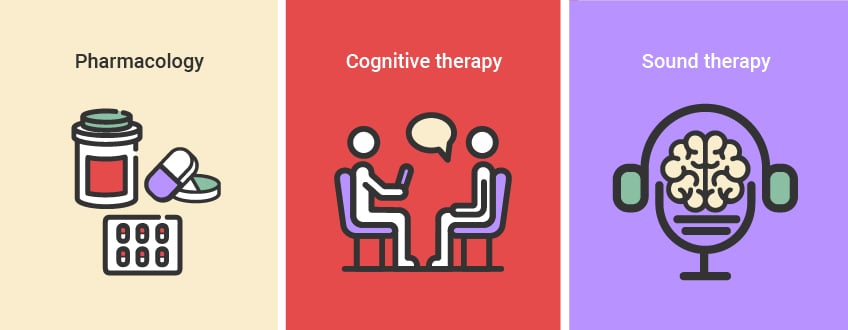
- Tinnitus retraining therapy (TRT): This approach harnesses neuroplasticity to attempt to habituate patients to the sound of their tinnitus.
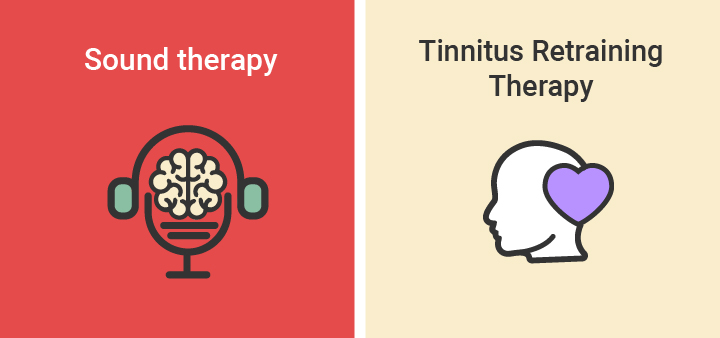
- Electrical suppression: Electrical pulses aimed at the cochlea are known to significantly or completely suppress tinnitus in some cases.
- Melatonin: Limited research shows that melatonin[6] may help to reduce the severity of tinnitus in some patients.
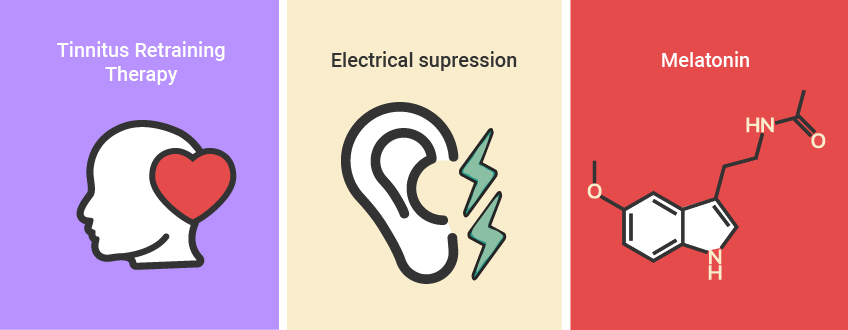
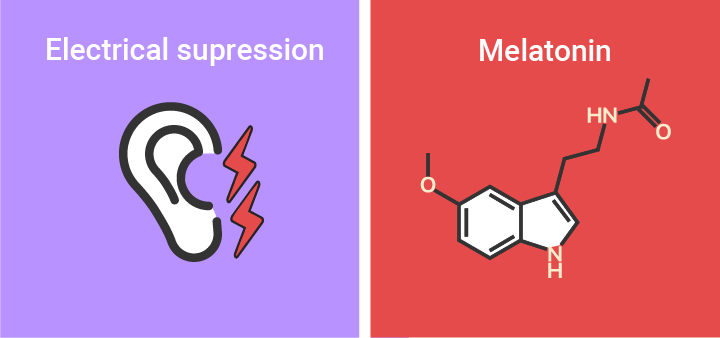
Do Cannabinoids Help Tinnitus?
A wide range of treatment options are available for tinnitus patients. However, most of them are only partially effective, and some patients don’t respond well to any existing approaches. At present, numerous countries and states are legalizing medical cannabis for a broad spectrum of conditions—so, does the herb have a place in the future of tinnitus management? Is there any important relationship between marijuana and the inner ear?
Before we delve into the available research around cannabis and tinnitus, it will help to cover the endocannabinoid system (ECS). This body-wide regulatory network helps to keep many important physiological systems in balance, and it also plays an important role within the ear and brain.
Tinnitus and the Endocannabinoid System
To put it simply, the ECS helps to keep the body in a state of balance; it prevents things from lulling or going into overdrive. But how does it achieve this? As a cell signalling network, it uses a series of receptors, signalling molecules (known as endocannabinoids), and enzymes to communicate between cells and cause the necessary changes within them.
It turns out that cannabinoids within cannabis, such as THC, share a similar structure to the signalling molecules in the ECS, and can activate its receptors and modulate the system.
Relevant to our discussion, components of the ECS show up in the ear and areas of the brain involved in sound perception. For instance, evidence suggests that cannabinoid signalling plays a key role in the development, maturation, and function of cochlear hair cells. Animal studies[7] have discovered the presence of CB1 receptors (the site at which THC and several endocannabinoids bind) in neurons that innervate hair cells. Certain murine studies have even managed to delete the gene that codes for CB1 receptors, and found that doing so affected hearing to a degree.
But the ECS includes more than just the CB1 receptor. This network also features the CB2 receptor, and sites such as TRPV1[8] (a possible CB3 receptor). As all three of these sites are found within the cochlea, there is interest in determining if cannabis-derived cannabinoids can modulate our physiology in this critical sensory apparatus.
On top of this, ECS components are found in the cochlear nucleus, a site within the brainstem that serves as the first central auditory structure that receives input from the cochlea via the auditory nerve.
What Does the Research Say?
So, we know that the ECS extends to the auditory system. But do cannabinoids impact the network in a favorable way when it comes to tinnitus? There are certainly some clues that make this a promising area of research. For one, tinnitus stemming from hyperactivity in the cochlear nucleus is viewed as a form of sensory epilepsy, and scientists are currently probing cannabis for antiepileptic properties[9].
Unfortunately, research remains in the early stages, and no randomised human trials have explored the effect of cannabis components on tinnitus. Currently, we only have insight from animal studies and subjective data gathered through surveys.
A rat study published in Frontiers in Neurology found that CB1 agonists (molecules that activate CB1 receptors) may in fact increase tinnitus[10] induced by acoustic trauma. Another rodent study found that rats who expressed tinnitus-related behaviour had significantly lower CB1 expression within neurons of the cochlear nucleus, suggesting that the receptor plays a functional role[11] in auditory processing and tinnitus itself.
Overall, animal studies have provided no evidence that cannabinoids reverse tinnitus, but some evidence suggests that they could worsen the condition. However, these studies have focused on CB1 agonists. Future studies will hopefully explore the role of CB1 antagonists (molecules that block receptors) and inverse agonists (substances that decrease the activity of a receptor). Furthermore, research focusing on other receptor sites, such as CB2 and TRPV1, are also needed.
What about human research? A 2019 human survey[12] found a significant association between cannabis use and tinnitus, whereas a survey performed in 2010 found no statistically significant link. Furthermore, a study[13] performed in 1975 found more cases of tinnitus in patients that received THC compared to placebo.
Can CBD Help With Tinnitus?
CBD continues to explode in popularity given its non-psychotropic and generally well-tolerated nature. The widespread access to this cannabinoid means people use CBD products in an attempt to address a whole host of issues. But can CBD help with tinnitus?
Again, there’s a huge lack of research in this area. We know that CBD influences the ECS in different ways to THC; it doesn’t bind to CB1 with much affinity, and it works as a TRPV1 agonist. But what does this mean for people with tinnitus?
A review published in Frontiers in Neurology notes that ongoing studies are probing CBD for neuroprotective and anti-inflammatory properties, which could make it a candidate for the condition[14] when more evidence becomes available.
Anxiety and stress are also recognized as triggers for tinnitus, and can cause spikes in the condition. Ongoing human trials[15] are pitching CBD against models of anxiety and working to discover how it influences different brain regions involved in this mental health issue.
Does Marijuana Worsen or Alleviate Tinnitus?
At this stage, we simply don’t know. The little research conducted suggests that CB1 agonists, including THC, may exacerbate and even cause tinnitus in some people. But the cannabis plant serves as a rich biofactory of diverse molecules that all influence the ECS in varying ways.
Tinnitus poses a monumental challenge to science and healthcare, as well as the individuals that experience this auditory torment during every waking hour. Researchers are working hard to find a cure, and current treatments are not fully effective in all individuals.
Now that cannabis is slowly but surely entering mainstream medicine, investment will hopefully start pouring in to enable scientists to paint a clearer picture of the role of the ECS in hearing, and the impact of cannabinoids on the auditory pathways of the human body.
- Tinnitus: Characteristics, Causes, Mechanisms, and Treatments - PMC https://www.ncbi.nlm.nih.gov
- Tinnitus: Characteristics, Causes, Mechanisms, and Treatments - PMC https://www.ncbi.nlm.nih.gov
- Tinnitus: Characteristics, Causes, Mechanisms, and Treatments - PMC https://www.ncbi.nlm.nih.gov
- Tinnitus: Characteristics, Causes, Mechanisms, and Treatments - PMC https://www.ncbi.nlm.nih.gov
- Tinnitus: Characteristics, Causes, Mechanisms, and Treatments - PMC https://www.ncbi.nlm.nih.gov
- Melatonin: Can it Stop the Ringing? https://journals.sagepub.com
- A Complete Guide To The Endocannabinoid System - Royal Queen Seeds https://www.royalqueenseeds.com
- Frontiers | Cannabinoid Signaling in Auditory Function and Development | Molecular Neuroscience https://www.frontiersin.org
- Vanilloid Receptors in Hearing: Altered Cochlear Sensitivity by Vanilloids and Expression of TRPV1 in the Organ of Corti - PMC https://www.ncbi.nlm.nih.gov
- Cannabinoids in the Treatment of Epilepsy: Current Status and Future Prospects - PMC https://www.ncbi.nlm.nih.gov
- Frontiers | Cannabinoid CB1 Receptor Agonists Do Not Decrease, but may Increase Acoustic Trauma-Induced Tinnitus in Rats | Neurology https://www.frontiersin.org
- Does cannabis alleviate tinnitus? A review of the current literature","https://onlinelibrary.wiley.com/doi/full/10.1002/lio2.479 https://onlinelibrary.wiley.com
- Does cannabis alleviate tinnitus? A review of the current literature https://onlinelibrary.wiley.com
- Cannabinoids, Inner Ear, Hearing, and Tinnitus: A Neuroimmunological Perspective - PMC https://www.ncbi.nlm.nih.gov
- Cannabidiol as a Potential Treatment for Anxiety Disorders | SpringerLink https://link.springer.com










































